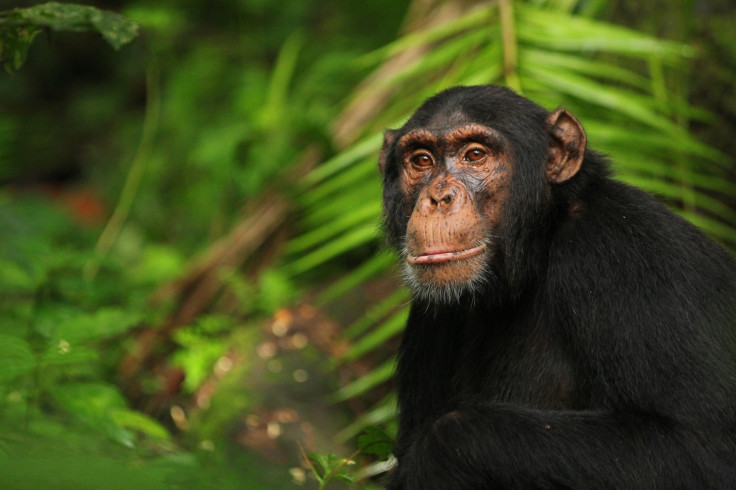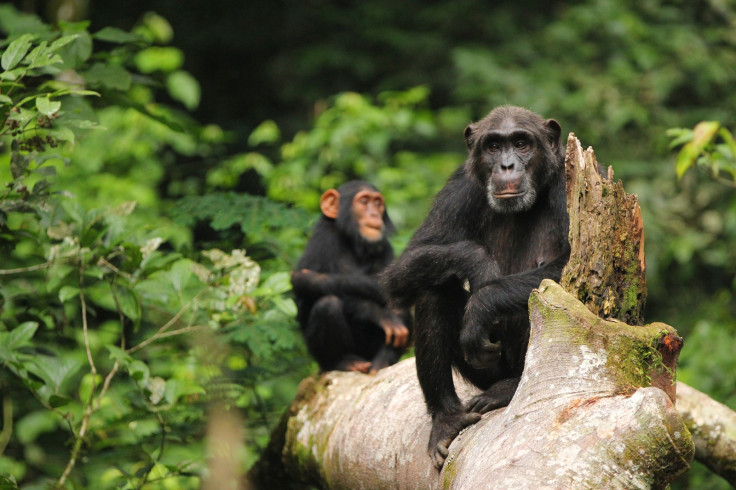Chimpanzees and bonobos mated more than 200,000 years ago
Gene flows between bonobos and chimpanzees were identified over the course of their long history.

A new look at the genomes of chimpanzees and bonobos has revealed that the two species likely interbred more than 200,000 years ago. This discovery about the demographic history of our closest living relatives may provide us with an opportunity for comparisons with our own history, scientists hope.
Chimpanzees and bonobos are known to interbreed when they are in captivity, but it is not clear if they do so in the wild as well. Recent studies into the genomes of chimpanzees and bonobos have suggested that there are four distinct species of chimps – a product of a complex evolutionary history potentially involving gene flows between the two great apes.
Despite this, the extent to which they have interbred in the past and continue do so, remains poorly documented. The study published in the journal Science investigates this question of the interbreeding between chimpanzees and bonobos, by analysing many complete genomes.
Gene flows between species
In their analysis, the researchers have studied the genomes of 10 bonobos and 65 chimpanzees, spanning 10 African countries.
A lot more chimpanzees were included to reflect the fact four species have been shown to exist. These species are the central, eastern, western and Nigeria-Cameroon chimpanzees.
Reconstructing the genetic history of the two species and analysing the different genomes, the scientists find evidence that there was several contacts between bonobos and chimpanzees after their divergence. The study highlights that gene flows that occurred between 200 and 550 thousand years ago, indicating that the two species interbred at these times.
There were differences however between species of chimpanzees – central, eastern, and Nigeria-Cameroon chimpanzees appear to share significantly more genetic information with bonobos than do western chimpanzees.

Just like what happened when Neanderthals and early humans interbred – with many Neanderthal genes disappearing in humans – some background bonobo genetic information appears to have been deleted in the chimpanzee genome, suggesting that some bonobo genes may have been disadvantageous for chimpanzees.
Thus, the study suggests that gene flow might have been widespread during the evolution of the great apes and the hominins.
© Copyright IBTimes 2024. All rights reserved.







